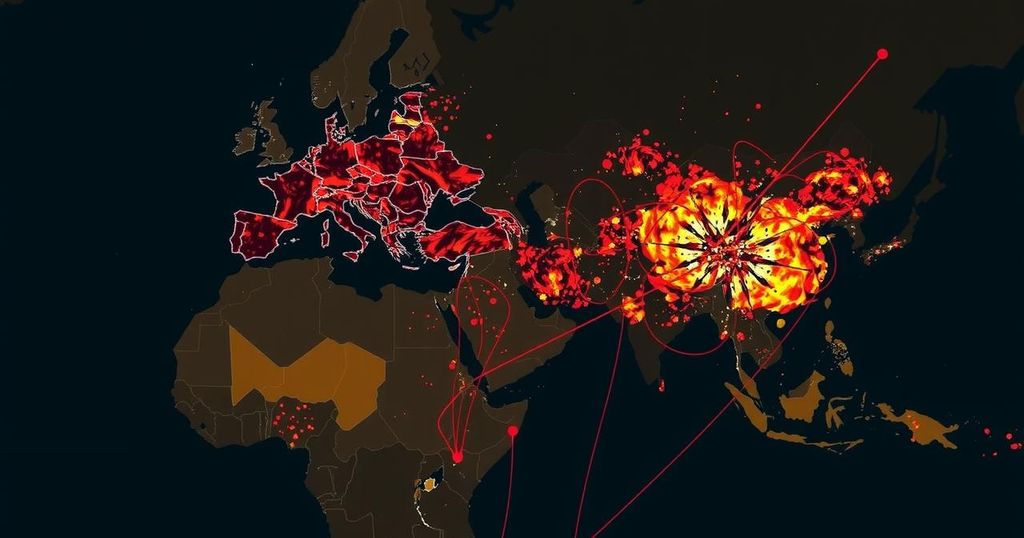An Overview of the 2012 Benghazi Attacks: Context, Events, and Consequences

The 2012 Benghazi attacks were assaults on U.S. diplomatic facilities, resulting in the deaths of four Americans, including Ambassador Christopher Stevens, amid the Libyan civil unrest. Initial government responses were conflicting regarding the cause of the attacks, which were later revealed to be premeditated acts by militants. The events ignited significant political controversy in the United States, particularly concerning security lapses and accountability.
The 2012 Benghazi attacks were coordinated assaults on a United States diplomatic compound and a nearby CIA annex in Benghazi, Libya, occurring on September 11-12, 2012. The tragic event resulted in the deaths of four Americans, including U.S. Ambassador Christopher Stevens, marking the first violent death of a U.S. ambassador since 1988. Amidst the tumult of the Libyan civil unrest, the attacks raised significant political controversy in the United States.
The situation escalated as approximately 150 militants affiliated with al-Qaeda besieged the compound, igniting a fire that obstructed rescue efforts for Stevens and his colleagues. Initial government responses appeared conflicting; while some officials linked the attacks to protests triggered by an anti-Islam video, further evidence revealed that the assault was likely premeditated. Bureaucratic shortcomings were identified in the failure to protect the diplomatic staff adequately.
Hillary Clinton, the then-Secretary of State, accepted responsibility for the institutional deficiencies and oversaw the implementation of numerous reforms as recommended in the Accountability Review Board’s report. Despite this, investigations continued to unfold over the ensuing years, further complicating the narrative surrounding the attacks and their aftermath.
The 2012 Benghazi attacks emerged during an intense period marked by the Libyan uprising of 2011, which resulted in significant political instability. The incident occurred amidst ongoing transitional turmoil in Libya and aimed at destabilizing foreign diplomatic missions. Ambassador Christopher Stevens was involved in diplomatic engagements and efforts to support local rebels, which ultimately culminated in the tragic events in September 2012. The political fallout from the attacks resonated deeply within the United States, especially as it coincided with the presidential election period, drawing scrutiny and criticism over the government’s handling of diplomatic security.
In summary, the 2012 Benghazi attacks were a pivotal and tragic event that highlighted vulnerabilities in U.S. diplomatic security overseas. The loss of lives, particularly that of Ambassador Stevens, provoked intense political debate and revealed significant bureaucratic lapses within the Department of State. Ongoing investigations and reforms were necessary to address the implications of the attacks and improve the safety of diplomatic personnel deployed in volatile regions.
Original Source: www.britannica.com








